Recently, Pakistan once again deployed fighter jets against its own population in Khyber Pakhtunkhwa’s Tirah Valley, dropping LS-6 bombs on Matre Dara village around 2 am on September 22, 2025, killing more than 30 innocent civilians, including women and children. The scenes were horrifying—bodies and body parts scattered across the ground, a grim reminder of the brutality of state violence. Several houses were flattened in the bombing, with seven women and four children confirmed among the dead.
This was not the first time Pakistan has bombed its own people; similar airstrikes and drone strikes have occurred repeatedly in Khyber Pakhtunkhwa and surrounding regions, including Katlang on March 29; Hurmuz village, North Waziristan, on May 19; Swat on September 13, 2022; and Datta Khel on March 17, 2011, resulting in civilian casualties and widespread destruction.
Self-Appointed Guardian
At the same time, Pakistan’s leadership is busy travelling to the United States and other capitals, claiming to highlight global crises such as Gaza and the situation in the Middle East, positioning itself as the self-appointed guardian of Muslims worldwide. Prime Minister Shehbaz Sharif is scheduled to lead Pakistan’s delegation at the 80th UN General Assembly and meet with US President Donald Trump, along with leaders from Saudi Arabia, the UAE, Qatar, Turkey, Indonesia, Egypt, and Jordan, to discuss the humanitarian crisis in Gaza and regional security.
But this posture is riddled with hypocrisy. A state that routinely kills its own Muslim population with fighter jets has no moral locus standi to lecture the world on human rights or Muslim solidarity.
Impact Shorts
More ShortsThe Only Country to Use Fighter Jets Against Its Own Population
Pakistan is unique in the world for using advanced fighter aircraft against its own people. No professional military anywhere would sanction such an act, yet Pakistan has repeatedly done so.
Earlier this year, in June, Amnesty International stated that recurrent drone strikes in Khyber Pakhtunkhwa signal an alarming disregard for civilian life in Pakistan. “Pakistani authorities have failed to take action to protect the lives and property of civilians in Khyber Pakhtunkhwa who continue to pay the price of an escalating number of drone strikes in the province. Last Friday’s drone strike, killing one child, is part of an alarming series of attacks which have escalated since March of this year,” said Isabelle Lassee, Deputy Regional Director for South Asia at Amnesty International.
Amnesty International and other global rights organisations have repeatedly criticised Pakistan for drone and air strikes on its civilian population, but the cycle continues. When those communities resist, they are quickly branded “terrorists”, even though it is Pakistan’s own heavy-handed actions that fuel anger, alienation, and ultimately insurgency.
Instrumentally, these actions are disastrous—each airstrike deepens radicalisation and strengthens anti-state sentiment. Intrinsically, the very act of bombing one’s own citizens is immoral, illegitimate, and indefensible.
Pakistan’s destructive policies have not been confined within its borders. It has repeatedly conducted airstrikes inside Afghanistan, most recently on August 28, 2025, when a Pakistani drone strike in Spera district, Khost province, killed three civilians, including a woman and two men. The Taliban government condemned the attack, blaming Pakistan for violating Afghan sovereignty.
Prior to that, on December 25, 2024, Pakistan launched airstrikes in Khost and Paktika provinces, targeting suspected militant strongholds, resulting in the deaths of 46 people, mostly women and children. For decades, Pakistan played a key role in radicalising Afghan youth, turning them into brainwashed fighters with CIA support during the Cold War, using religion as a tool to foster militancy and instability.
When millions of Afghans fled their war-torn homeland and sought refuge in Pakistan, they were later deported under humiliating conditions. Pakistan often claims credit for hosting Afghan refugees for decades, presenting itself as a generous neighbour. But in reality, it was Pakistan that first set their house on fire by fuelling instability and militancy in Afghanistan, forcing them into displacement in the first place. Today, Afghans harbour deep resentment toward Pakistan, while viewing India—despite religious differences—as a genuine partner in development and capacity building.
When a devastating earthquake struck Afghanistan recently, it was India—not Pakistan—that emerged as one of the first responders, rushing humanitarian aid and relief supplies to the victims. Instead of acknowledging these efforts, Pakistan accused India of “playing dirty games”. Many Afghans no longer even consider Pakistanis true Muslims, seeing them instead as manipulators of faith for geopolitical gain.
Religion as a Tool, Not a Faith
Though Pakistan claims to be an Islamic state, its actions expose a cynical exploitation of religion. Instead of embodying Islamic values, Pakistan has weaponised faith to serve narrow strategic interests.
By selectively using Islamic teachings and manipulating Quranic verses out of context, it advanced its geopolitical agenda, doing immense damage to the global image of Islam. These Quranic verses, revealed in specific historical contexts, were stripped of nuance and turned into slogans for jihad. From indoctrinating Afghan fighters to exporting radical ideologies and radicalising youth in Kashmir, Pakistan has destabilised the entire region and, importantly, inflicted lasting harm on the perception of Islam worldwide.
If Pakistan were truly the guardian of Islam, as it often claims, how could it orchestrate the 1971 genocide of Bangladeshi Muslims, a fellow Muslim nation? Why does it kill and abduct Balochs, the fellow Islamic brethren? Why cosy up to communist China, which systematically persecutes Muslims in Xinjiang while Pakistan remains silent? The answers are clear: religion is not a guiding principle for Pakistan’s policies—it is merely a convenient tool of statecraft.
Radicalised State, Radicalised Society
What began as a deliberate policy of using religion for geopolitical purposes has now spiralled beyond Islamabad’s control. Extremist elements have seeped into every institution of the Pakistani state—its politics, its military, its schools, and its judiciary.
The country is today a radicalised society where hate has become normalised. The state can no longer contain the forces it once unleashed. It is the only Muslim country out of 57 that uses religion as a tool of statecraft, deliberately pushing radicalisation without recognising the disastrous and unintended consequences such a strategy has on its society. This is an extremely dangerous strategy that Pakistan continues to pursue.
By repeatedly bombing its own people, exporting militancy, and manipulating faith, Pakistan has turned itself into a cautionary tale of how exploiting religion for political gain backfires.
The question is simple: if Pakistan truly embodies Islamic values, why do so many of its Muslim neighbours distrust and resent it?
The answer is equally simple: Pakistan has never been guided by faith, but by expediency. Religion has been a weapon, not a value. In wielding that weapon, Pakistan has not only harmed itself and destabilised the region but also contributed to tarnishing the global image of Islam.
Conclusion
Pakistan’s story is one of betrayal—of its people, of its neighbours, and of the religion it claims to defend. From its very inception, Pakistan was born of hatred—hatred of India—which became the defining principle of its national identity. This foundational animosity set the tone for a state built on fear, division, and hostility, rather than justice, morality, or shared values. No other country in the world uses fighter jets against its own citizens. No other state has so systematically exploited religion to serve narrow, destructive goals.
By bombing its own people, Pakistan undermines its legitimacy at home. By claiming to be the guardian of Muslims abroad, it exposes its hypocrisy to the world. The result is a nation isolated from its neighbours, despised by those it claims to represent, and trapped in the radicalised society it created. The very hatred on which it was founded continues to poison its politics, society, and morality.
Pakistan stands today as a warning: a nation born of hate, that weaponises religion and uses violence as statecraft, is doomed to destroy itself—and the very cause it exploits to claim moral authority.
Imran Khurshid is a visiting research fellow at the International Centre for Peace Studies, New Delhi. Views expressed in the above piece are personal and solely those of the author. They do not necessarily reflect Firstpost’s views.


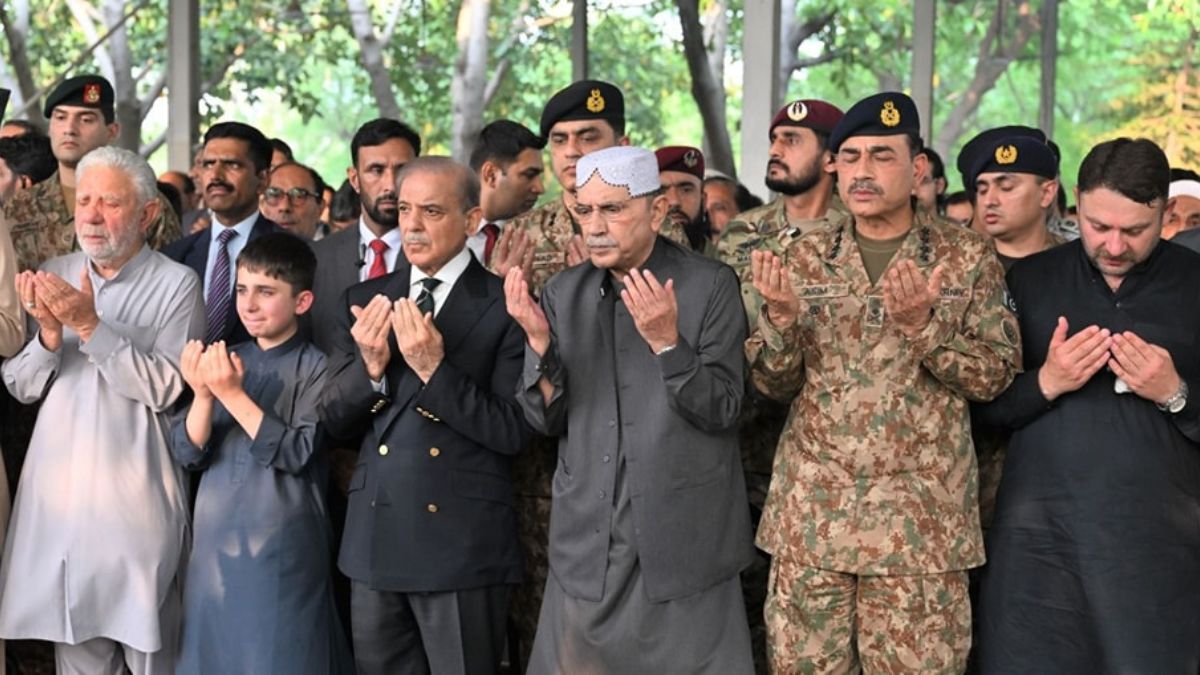)

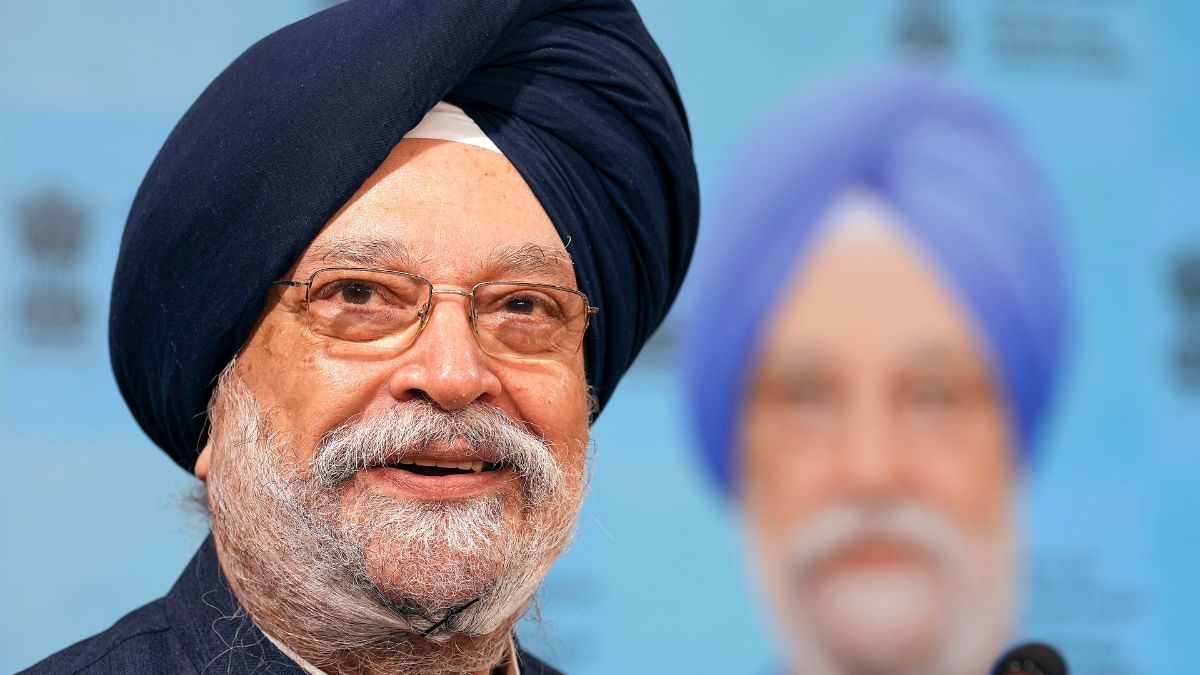)
)
)
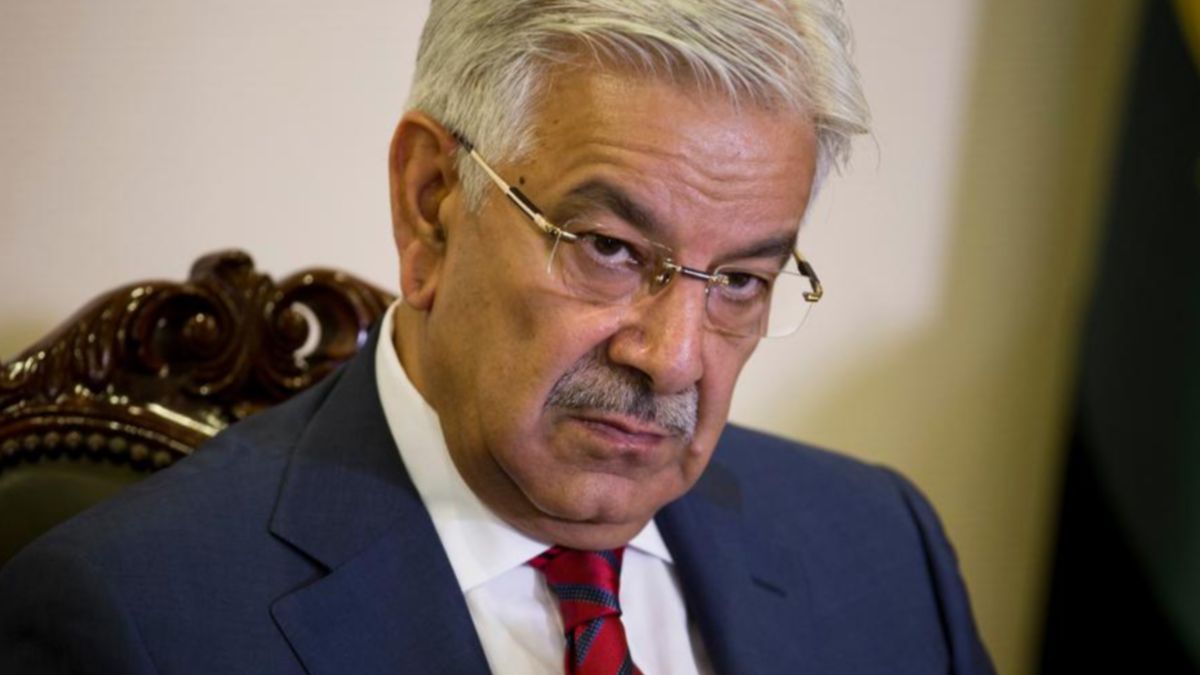)
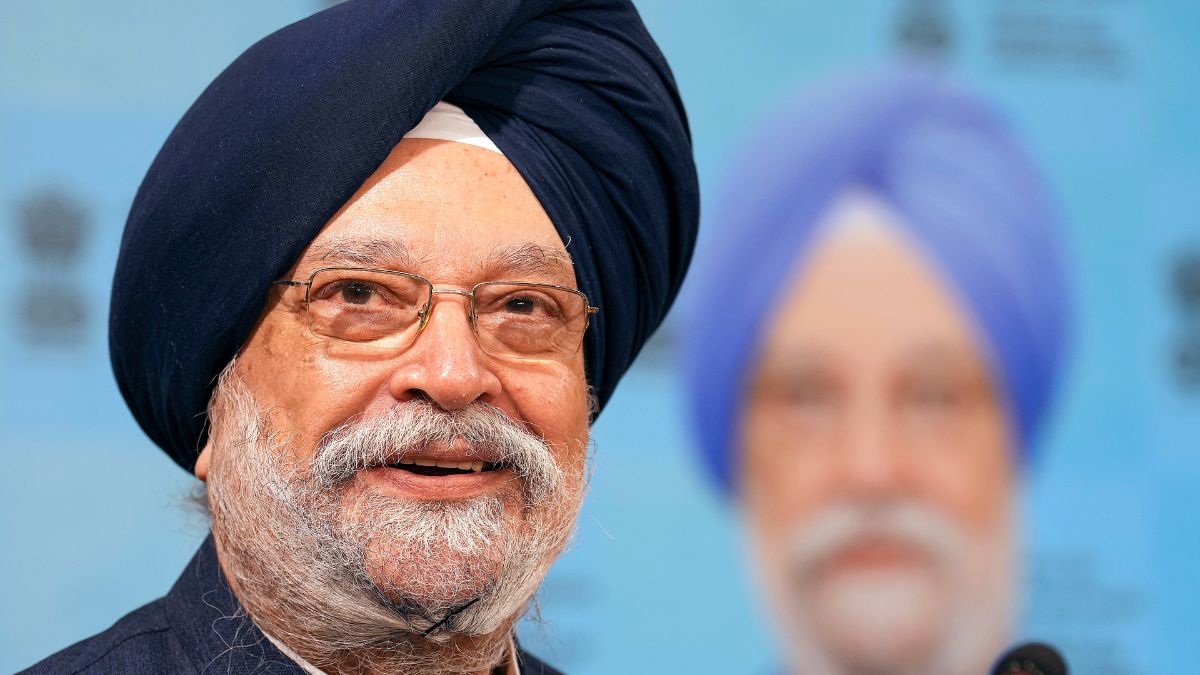)
)
)
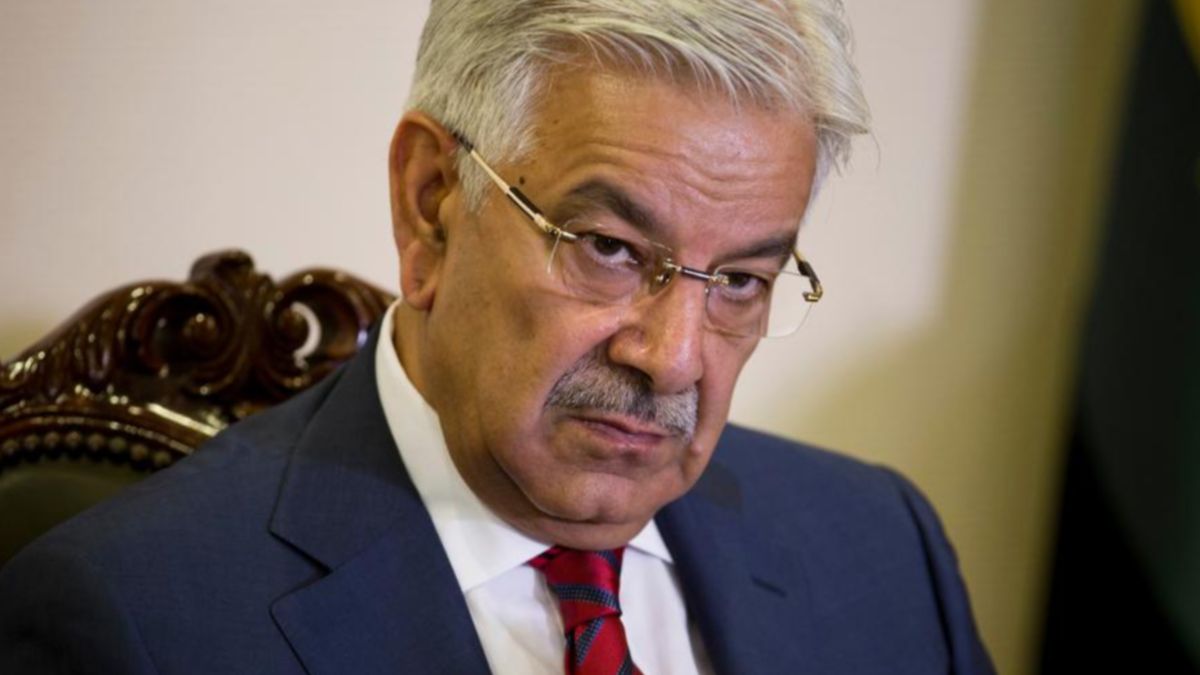)



